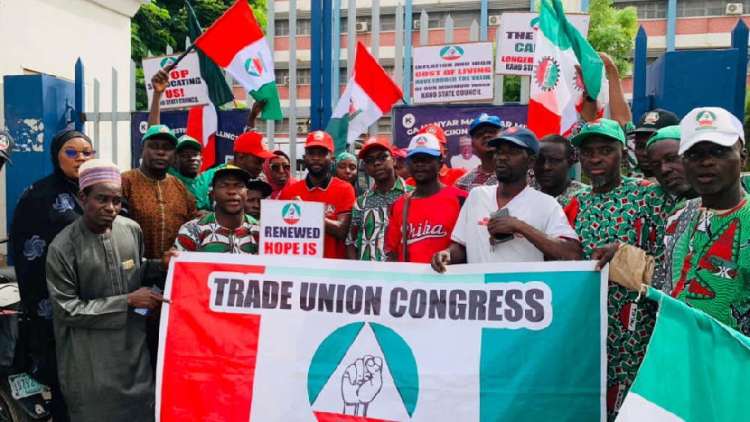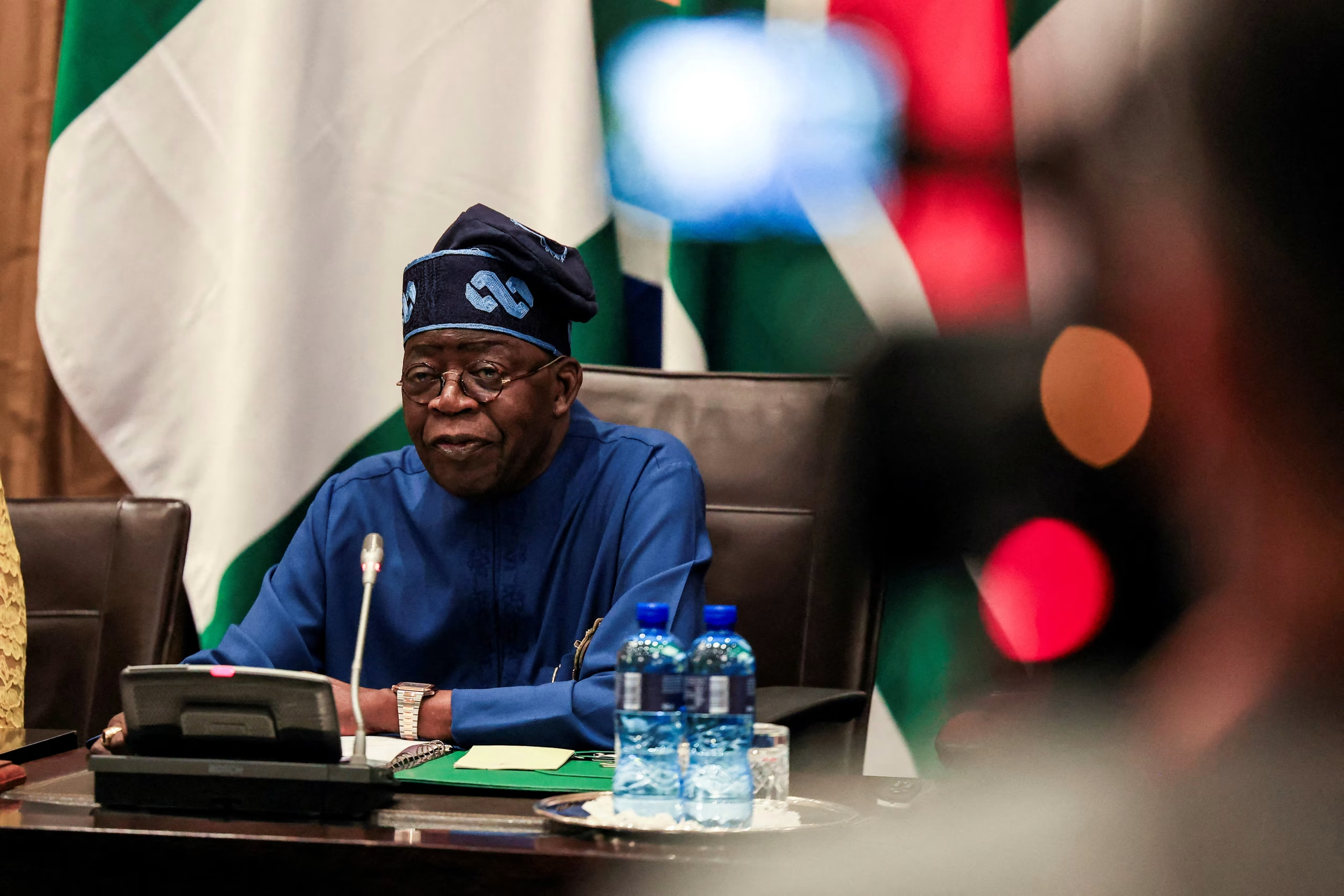The Trade Union Congress has threatened to call a nationwide strike within two weeks if the Federal government fails to scrap the proposed five per cent tax on petroleum products.
Also, the Organised Private Sector has rejected the move by the government to introduce a five per cent surcharge on fuel, stressing that it would worsen inflation nationwide if implemented.
The announcement by the Trade Union Congress came after days of speculation that the surcharge could take effect in January 2026. The rumour quickly set off public anxiety in a country where changes in fuel pricing often trigger unrest. President Bola Tinubu’s tax committee pushed back, saying no start date has been set and stressing that only the finance minister has the authority to decide when, or if, the measure would be implemented.
The five per cent tax on petroleum products is part of the government’s broader fiscal reforms aimed at boosting revenue. However, Africa’s biggest oil producer is already battered by the removal of fuel subsidy, rising inflation and the devaluation of currency.
“The proposal is economic wickedness that would compound the struggles of ordinary Nigerians,” TUC President-General Festus Osifo and Secretary-General N.A. Toro said in an email to The PUNCH on Monday.
“The government cannot continue to use Nigerians as sacrificial lambs for its economic experiments. Instead of offering relief, jobs and solutions, it has chosen to further squeeze citizens dry. This is unacceptable,” the union leaders added.
The TUC warned that it had begun mobilising its affiliates, state councils and allied groups, including civil society organisations, professional associations, student unions, market leaders and faith-based groups, for “total nationwide resistance” if the government pressed ahead with the levy.
The union added that strike action was firmly on the table if Abuja failed to heed its warning, saying Nigerians deserved economic justice rather than “endless punishment. The levy, when implemented, will apply to fossil fuels such as petrol and diesel but exclude cleaner alternatives like cooking gas, compressed natural gas, kerosene and other renewable energy sources.
“Enough is enough,” the union statement said. “Nigerians deserve economic justice, not endless punishment.” The tax provision is not new. It was first introduced under the Federal Roads Maintenance Agency Act of 2002, which created FERMA as a statutory body responsible for monitoring and maintaining federal roads.
A 2007 amendment to the Act provided a funding mechanism through a five per cent user charge on petrol and diesel sales, with 40 per cent of proceeds allocated to FERMA and 60 per cent directed to State Roads Maintenance Agencies.




